I came to Italy to write a biography of Benito Mussolini in the summer of 1998 and never left because in the bar next to the fascist dictator’s abandoned castle I met a woman who became my wife.
The castle in the foothills of the Apennines looks down on the small town of Predappio, where the revolutionary socialist who invented fascism was born and is buried. As a result, I have had many meetings with members of the Mussolini family and have, I suspect, even talked with the Duce himself. Mussolini is a name that continues to torment Italy, just as the word “fascism” continues to torment the world. And it all began there in Predappio.
Yet in London, before I left, people in the bars I used to haunt did not seem to know who Mussolini was. So when women asked me, as they always did so swiftly and surgically, “Yes, but what do you do?”, I’d find myself replying: “I’m writing a biography of Mussolini, the famous fashion designer.”
I’ve been thinking about this again because just before Christmas, Mussolini’s 22-year-old great-grandson, Romano, scored his first goal as a professional footballer in a second division match. In videos of the event posted on social media a voice in the stadium shouts through the PA system: “Romano!” And each time, several hundred people in the crowd raise their right arms as one in a fascist salute and shout: “Mussolini!”
I knew quite well the young footballer’s grandfather, also Romano, the fourth of Mussolini’s five legitimate children, once married to Sofia Loren’s sister. We used to discuss the Mussolini diaries, about which we were both experts. Like me, he was always short of money, and used to churn out paintings of clown faces to sell as if that was all he had to say about his father.
It is striking that Romano the footballer uses the Mussolini surname of his mother — Alessandra, the former right-wing MP who once stripped off for Playboy and with whom I once shared a cigarette — rather than his father’s, Floriani. Mussolini is not a common name. There are only a handful in the telephone book in the whole of Italy and I know most of them. Unfortunately, this means I also know sergeant Marco Mussolini, a traffic cop and first cousin twice removed of the Duce, because he has done me twice for drink-driving. The second time he was unquestionably out to get me as revenge for the article I had written about our first encounter.
At about 2 a.m. one morning I sailed past his roadblock in my Land Rover Defender where he was busy with another car on my way home from my office in the old city. But then, a minute later, I saw flashing blue lights in my wing mirror. It was him. He had abandoned the other car to pursue me. “Buona sera Mister Nicholas,” he purred as he whipped out his breath test stick. Recently, I heard he wants to meet me to buy me a drink. Bloody cheek! Meanwhile, the right-wing paper Libero, where I worked as a columnist for a decade, has named Mussolini its man of the year for 2024 simply to irritate the left. “Another year has passed of surreal left-wing polemic about the return of fascism and about the ghost of Benito Mussolini,” explained its editor. “So the man of the year… is him.”
As it happens, I have spent the night in the Duce’s bedroom at Villa Carpena, the former Mussolini country house ten miles from Predappio, which is now a museum and said to be haunted by his ghost. My aim was to have some kind of a dialogue with his spirit, so I went armed with three bottles of Sangiovese, our local red wine. His bedroom on the first floor is pretty poky. Nothing fancy, nothing fascist — if by that we mean monumental — apart from the militia corporal’s uniform he wore in Milan three days before his death, laid out on the cheap Art Deco double bed that reminded me of my grandparents’ bedroom in Newcastle-upon-Tyne. But it does open out on to a small balcony with a flagpole flying the Italian flag from which to give a speech if necessary.
So what would you ask God, or the Devil, if you had the chance? Or Mussolini? I was alone in the huge house sitting on the Duce’s bed and, as the night wore on, I got steadily more sloshed as I thought up questions but rejected them on the grounds that I already knew the answers. I was talking to myself.
Finally, a decent question arose out of the deathly silence: “Your main mistress for 20 years until the early 1930s, the art critic and your biographer Margherita Sarfatti, was Jewish. I have a copy of a letter from you to her in which you say you are so in love with her that you want to wound her lips with your teeth and drink her blood. If you hate Jews so much, how can you love a Jew so much?”
Silence. But it was a silence that spoke volumes. The more I drank, the clearer my mind became. In the end, there remained really only one more question. I went on to the balcony and shouted out into the night: “Duce, are you evil, or did you just do evil?” There were bats swooping about and an owl screeched. It was still pitch black but then a cockerel crowed and the night was over.
This article was originally published in The Spectator’s March 2025 World edition.



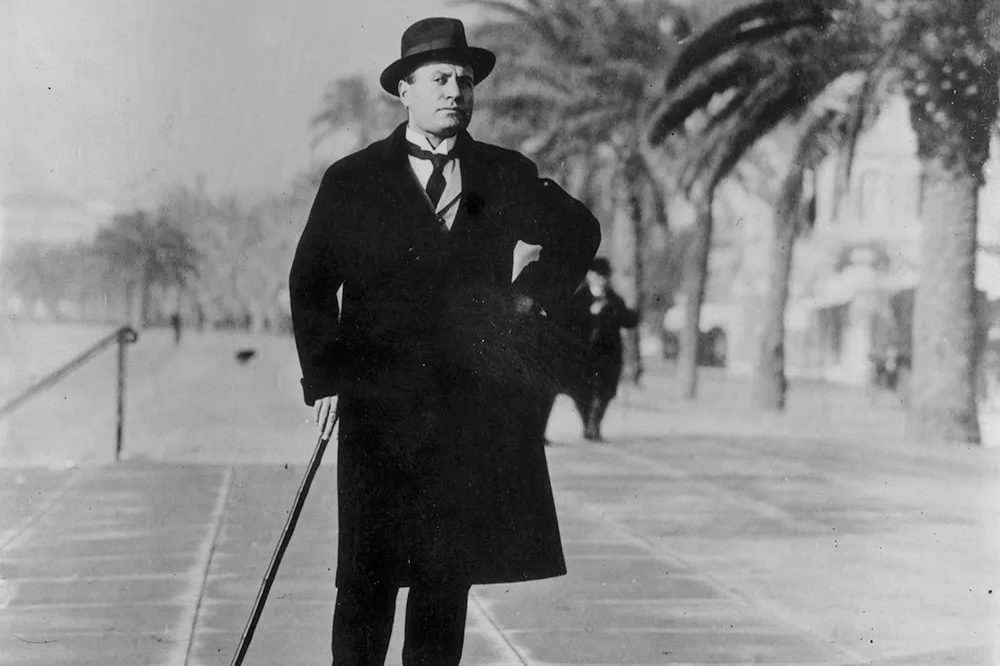







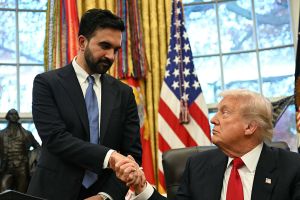
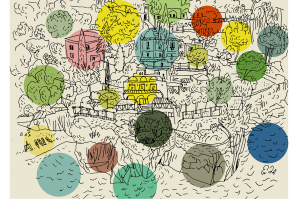

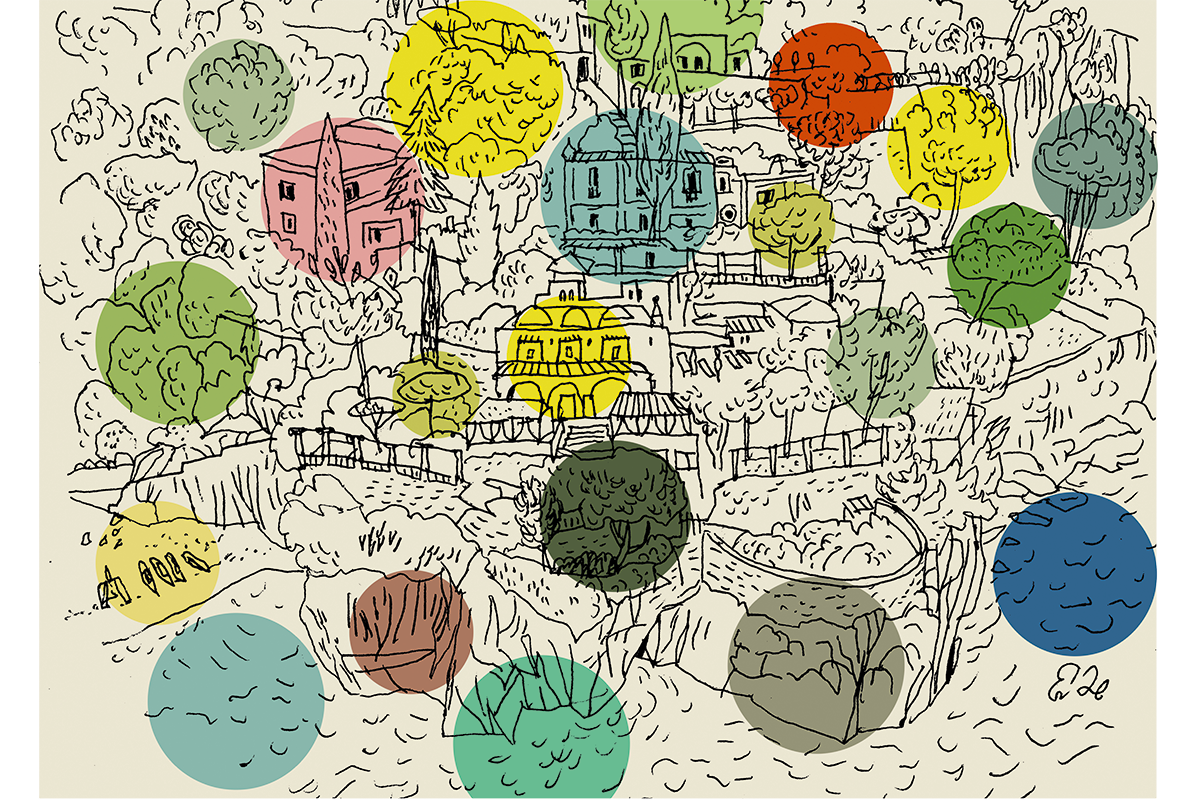
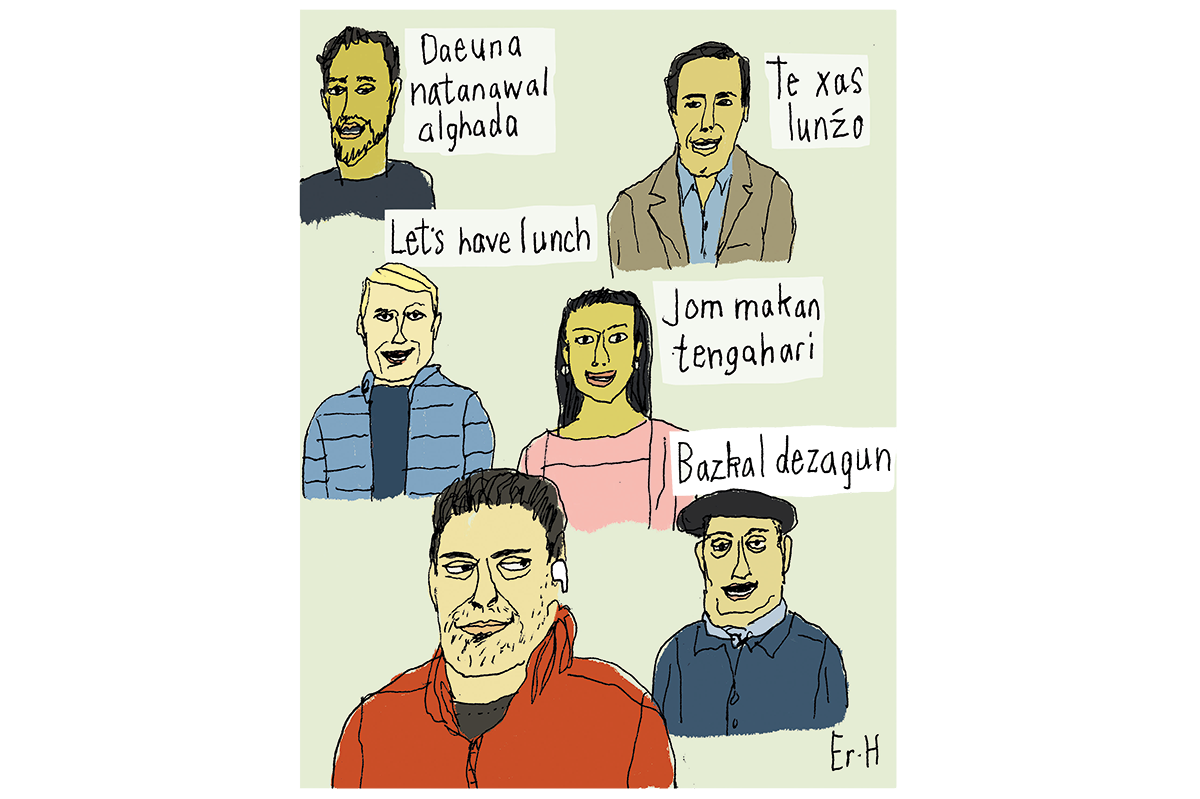
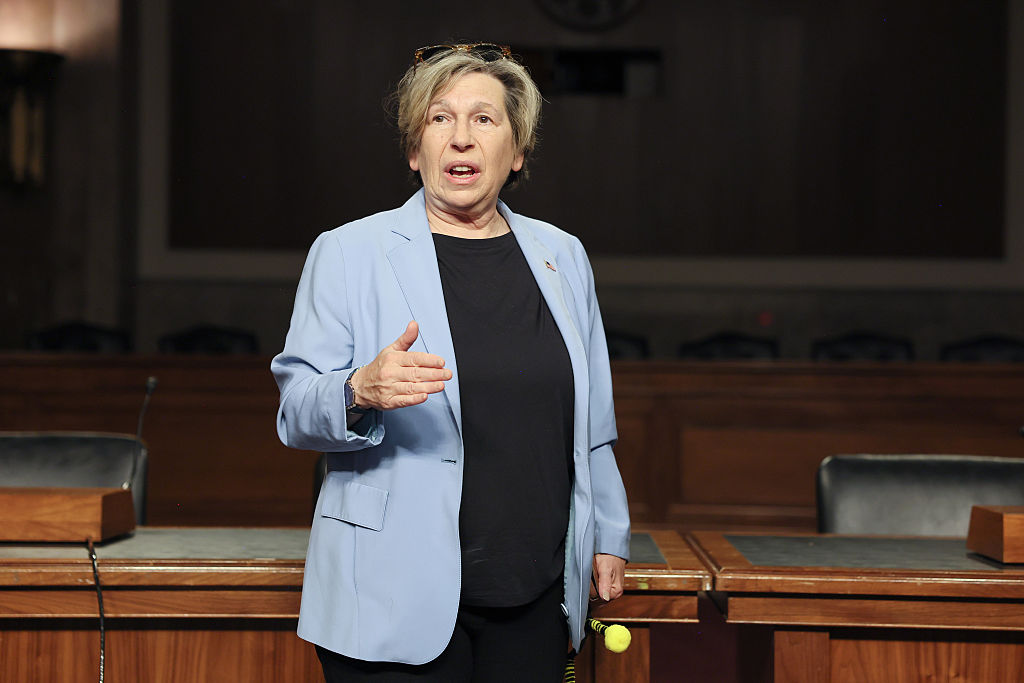
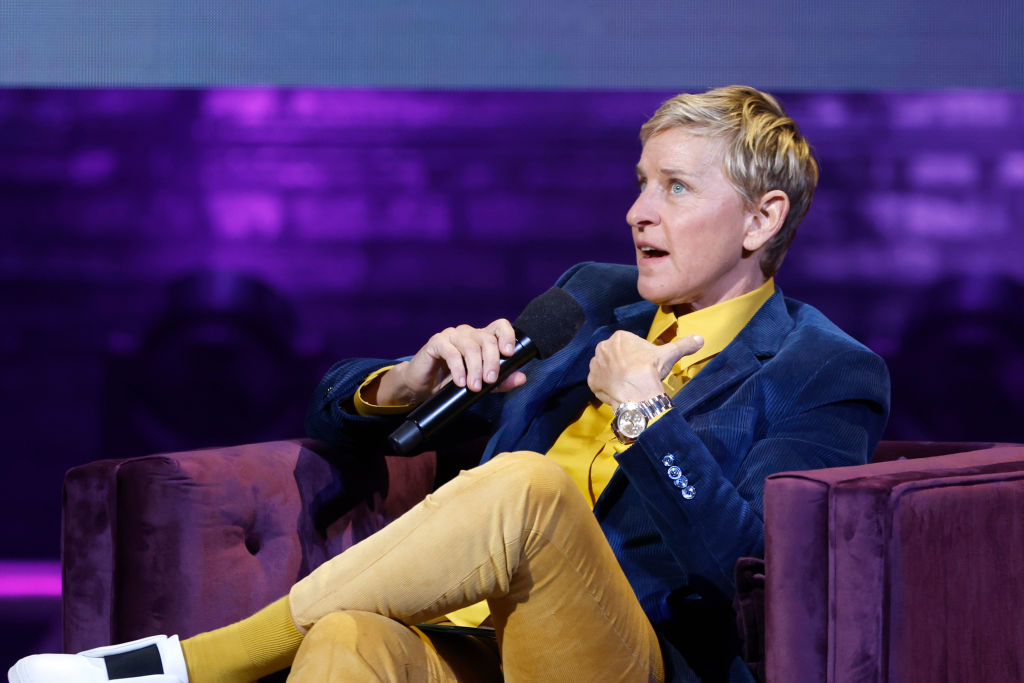
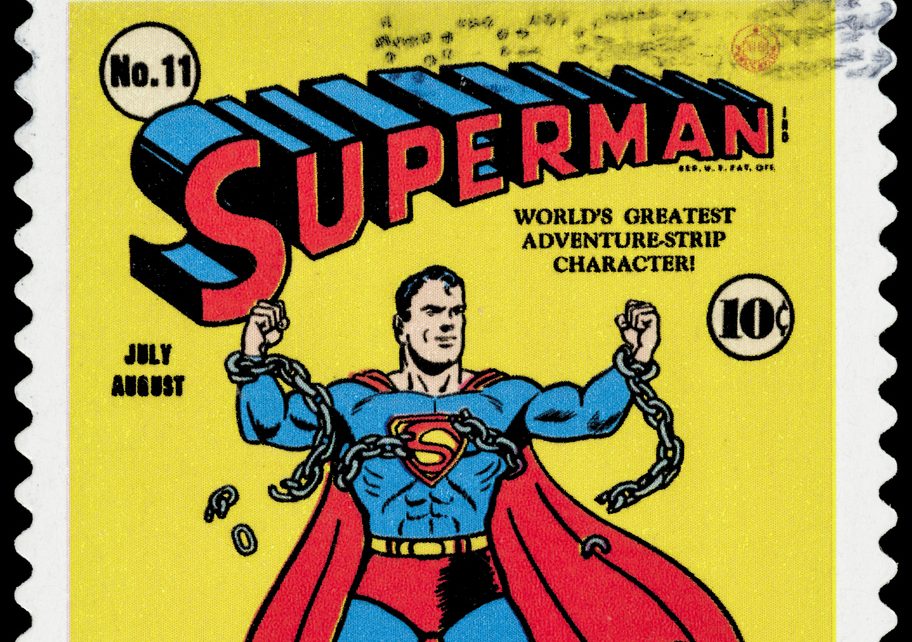







Leave a Reply